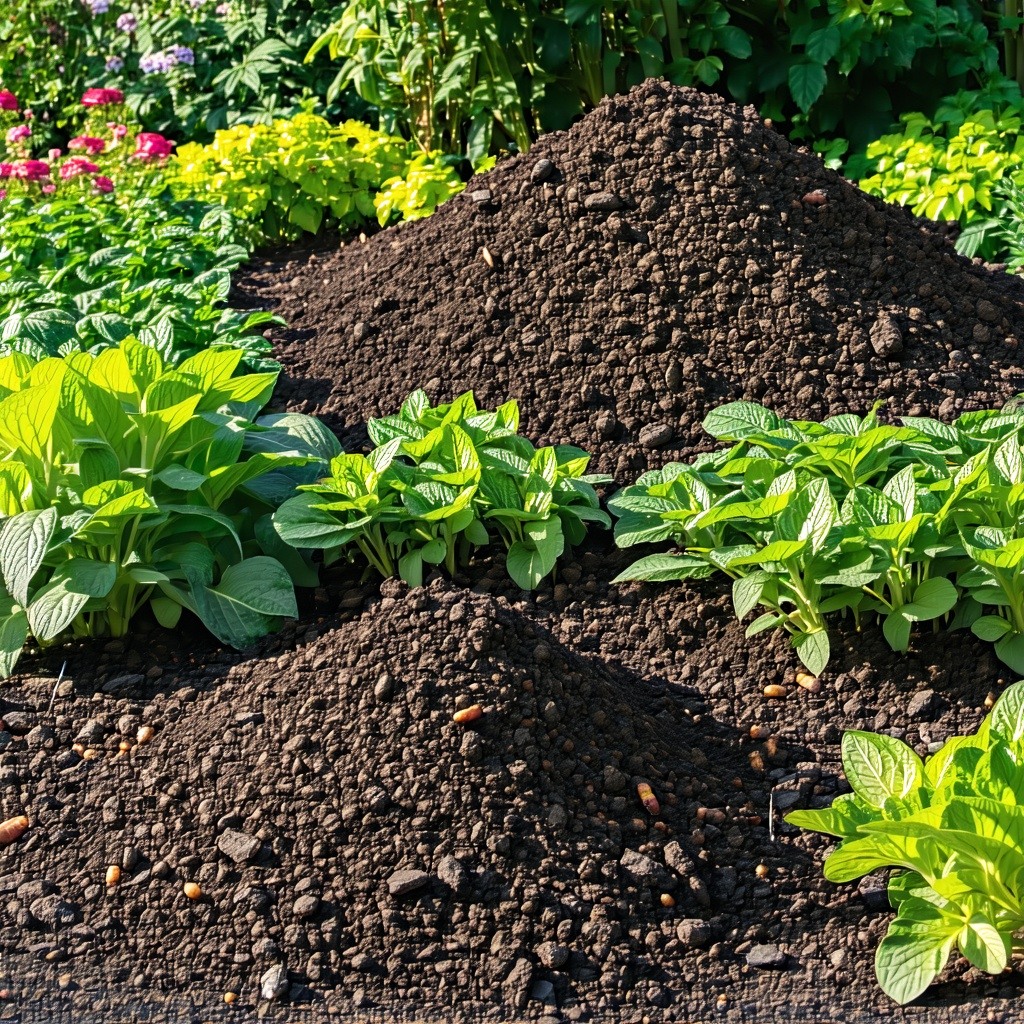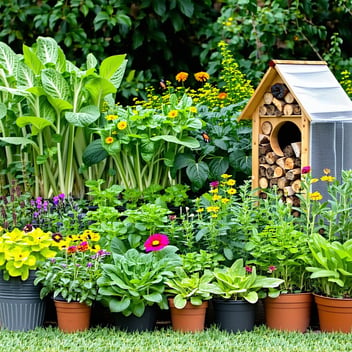Recycling Garden Waste into Mulch: Eco-Friendly Tips for SEQ
Introduction
In the lush landscapes of South East Queensland (SEQ), gardening is both a cherished pastime and a vital component of the region's green ethos. However, the accumulation of garden waste poses an environmental challenge. Transforming this waste into mulch offers a sustainable solution, enriching the soil and reducing landfill contributions.
Understanding Garden Waste
Types of Garden Waste Suitable for Mulching
Garden waste encompasses a variety of organic materials, including grass clippings, leaves, branches, and plant prunings. These materials, when processed appropriately, can be repurposed into nutrient-rich mulch that enhances soil health and plant vitality.
Materials to Avoid in Mulch
It's crucial to exclude certain items from your mulch, such as diseased plants, invasive weeds, and chemically treated wood. These can introduce pathogens, unwanted seeds, or harmful substances into your garden ecosystem.
Methods of Recycling Garden Waste into Mulch
Composting
Composting is a natural process that converts organic waste into a rich soil amendment. By combining green waste (nitrogen-rich materials) with brown waste (carbon-rich materials) in a compost bin, gardeners can produce a valuable resource for soil enrichment. Regular turning and moisture control accelerate decomposition.
Direct Mulching
Applying garden waste directly as mulch involves spreading materials like grass clippings or shredded leaves around plants. This method conserves moisture, suppresses weeds, and gradually adds nutrients to the soil as the mulch decomposes.
Leaf Mold Creation
Leaf mold is produced by allowing collected leaves to decompose over time, resulting in a crumbly, humus-rich material. This can be used to improve soil structure and water retention. Simply gather leaves in a pile or breathable bag and let nature take its course.
Tools and Equipment for Mulching
Shredders and Chippers
For processing branches and woody stems, shredders and chippers break down large materials into manageable pieces suitable for mulching. These tools are invaluable for handling substantial garden waste efficiently.
Lawnmowers with Mulching Capabilities
Modern lawnmowers often come equipped with mulching features, finely chopping grass clippings and redistributing them onto the lawn. This practice returns nutrients to the soil and reduces the need for additional fertilizers.
Manual Tools for Small-Scale Mulching
Hand pruners, shears, and rakes are essential for gardeners managing smaller plots. These tools facilitate the collection and processing of garden waste for mulching purposes.
Best Practices for Applying Mulch
Optimal Mulch Depth and Coverage
A mulch layer of 5 to 10 centimeters is generally recommended. This thickness effectively suppresses weeds and retains soil moisture without suffocating plant roots. Ensure mulch is kept away from plant stems to prevent rot.
Timing and Frequency of Mulch Application
Applying mulch in late spring and early autumn aligns with SEQ's climatic patterns, providing plants with protection during temperature extremes. Replenish mulch as it decomposes to maintain its benefits.
Avoiding Common Mulching Mistakes
Avoid over-mulching, which can lead to waterlogged soil and root diseases. Additionally, refrain from using fresh grass clippings or leaves in thick layers, as they can mat and hinder water penetration.
Community Resources and Services in SEQ
Local Council Green Waste Recycling Programs
Many SEQ councils offer green waste recycling services, providing residents with bins for organic waste collection. This waste is often processed into mulch or compost for community use. For instance, the City of Moreton Bay offers free mulch to residents, derived from recycled green waste.
Community Composting Initiatives
Participating in local composting programs allows gardeners to contribute their organic waste to communal compost piles, fostering community engagement and sustainable practices.
Workshops and Educational Resources
Organizations such as Healthy Land & Water provide workshops on composting and sustainable gardening, equipping residents with the knowledge to implement eco-friendly practices effectively.
Conclusion
Embracing the practice of recycling garden waste into mulch is a commendable step toward sustainable gardening in SEQ.




